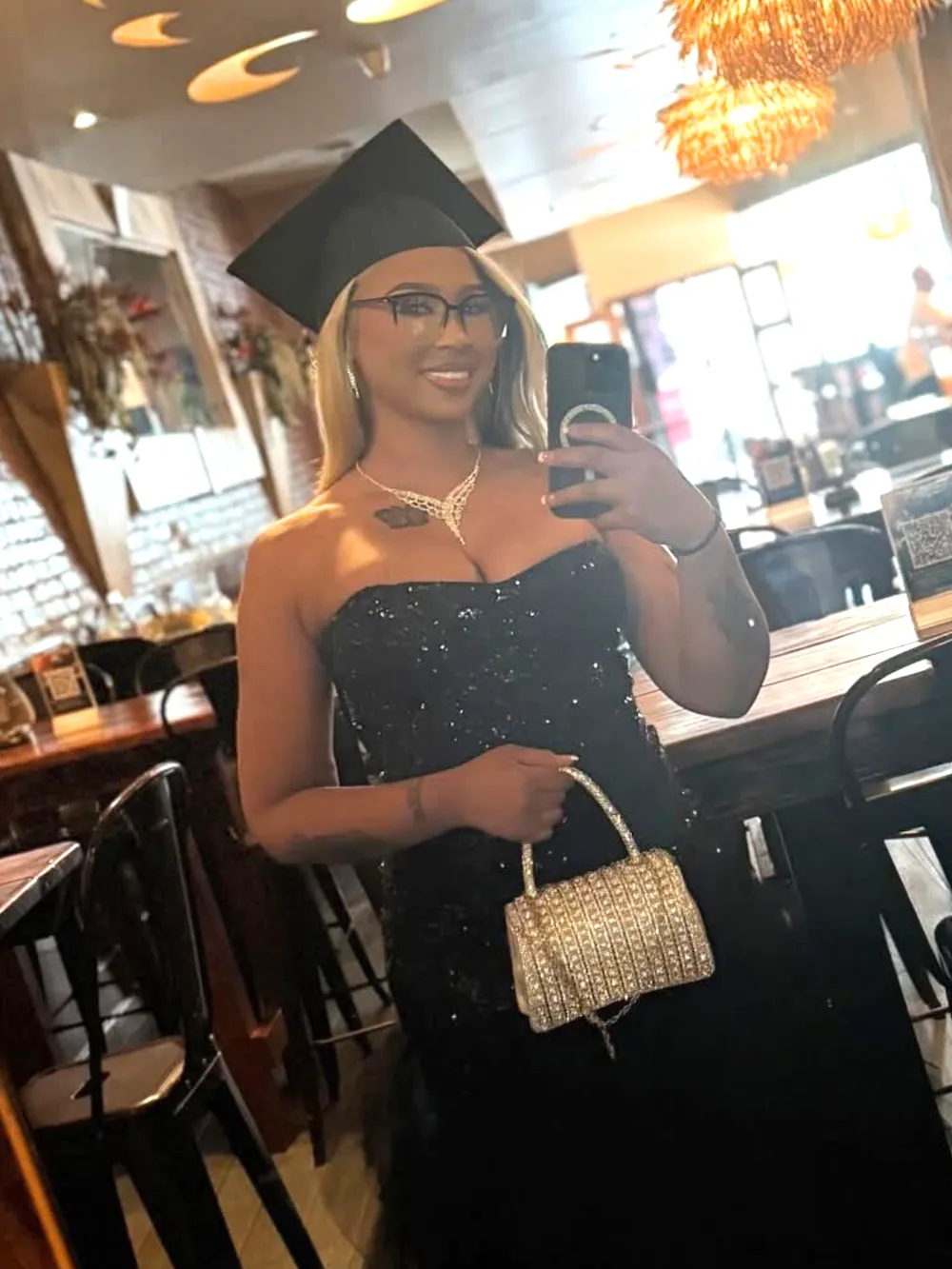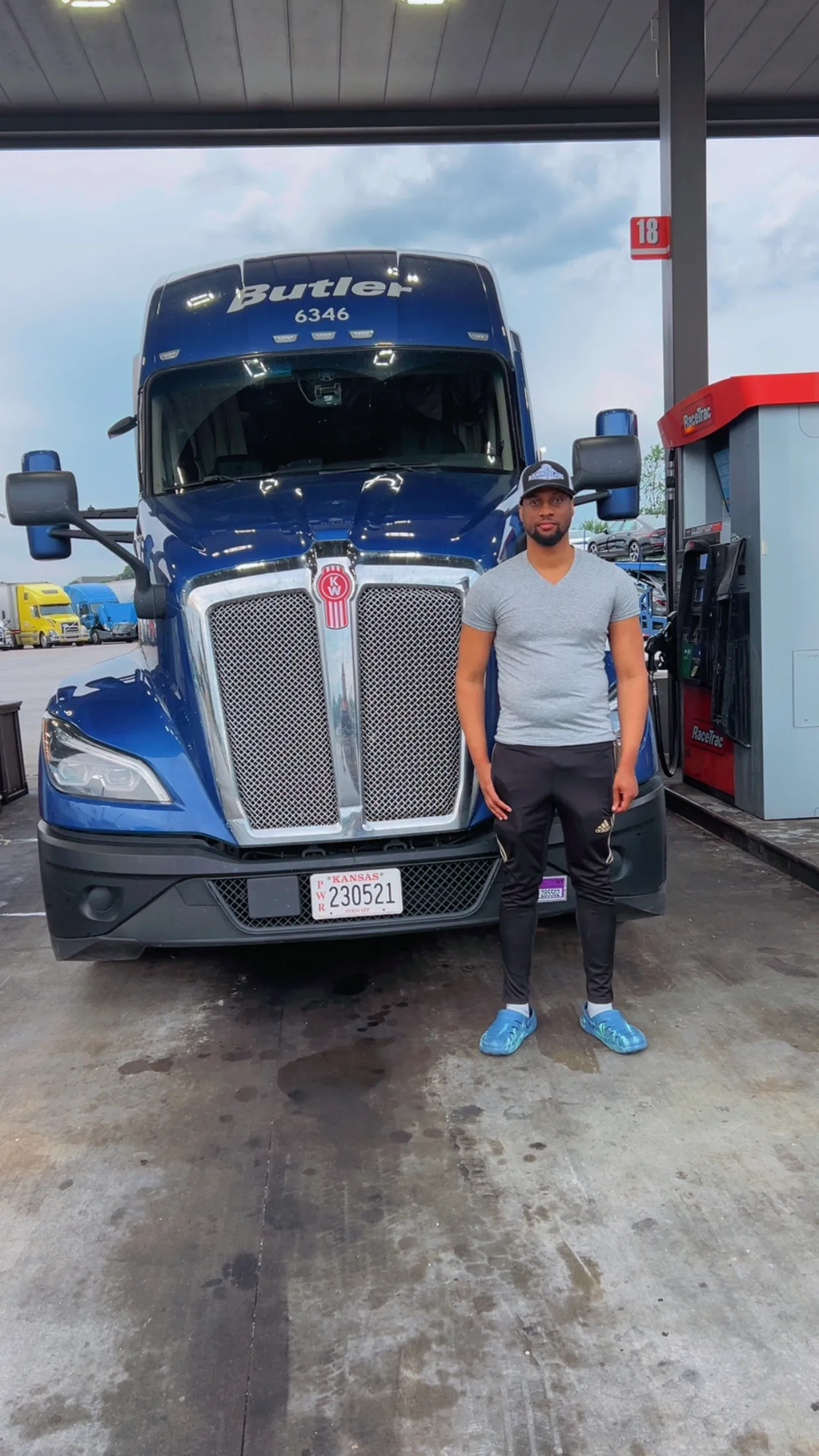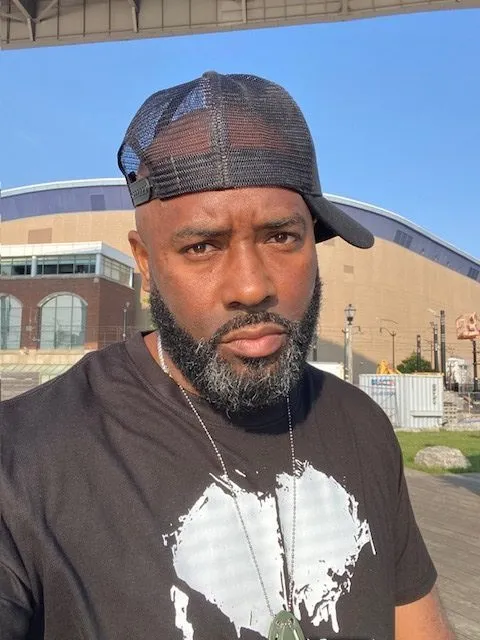Growing up in Harlem, New York City, Jalika spent much of her early life either in and out of foster care or living on her own. In a system rife with abuse and neglect, she says she learned many of the wrong lessons, but two of the right ones were how to survive and how to never give up.
“Some of the psychological, emotional, and mental abuse I endured in those group homes was worse than the physical. I've had adults that worked there—people who were supposed to protect me—tell me that I wasn't going to be anything, that no one loves me, and that’s why I'm there. After a while, you start to believe them,” Jalika said.
“After being put down all my life, I was angry and frustrated, so I started to have this 'I don't care about nothing' mentality—like, middle finger to the world. I found myself drinking to suppress my feelings, and that followed with fighting. I was angry at the world.”
In 2022, at the age of 29, those life choices brought her face-to-face with the justice system.
“I was arrested for assault and given probation,” said Jalika.
“That’s when I realized how serious things had gotten and that it was time for a change.”
Thankfully, education had always been a bright light in her life. Despite her struggles, she consistently succeeded academically.
“My superpower is my knowledge, because it's the one thing that empowers me that no one can take from me. It didn't hurt that people always judged a book by its cover—it's me, I'm the book. I enjoyed knowing things that people didn’t expect a foster kid to know,” said Jalika.
“School was my safe space, my scapegoat from all my problems in life.”
She registered to earn her associate’s degree, but because she had grown up without positive reinforcement, she never truly believed she was capable of going further. Around that time, her probation officer connected her with the Center for Employment Opportunities (CEO) in New York.
Through the program, she secured transitional work and began forming relationships with people who challenged her to believe in herself. Having grown up being dropped off from foster family to family, placed in residential treatment centers, and suffering repeated abuse, she never knew if things might change.
Progress took time, and Jalika remained angry and untrusting at first.
"I had a hard time believing happiness could be forever."
"I was so used to every time something good happened, something bad followed soon after. It made me feel like maybe I just didn't deserve happiness."
“At first, I went to the job sites and made a few dollars every day, but I wasn't looking to elevate, I just wanted to be done with the courts. I still had this cold demeanor and my guard up.”
Slowly but surely, the team at CEO helped tear down that wall. When Jalika gave them attitude, they responded with support. When she didn’t believe in herself, they did. They told her she had unlimited potential. And when she considered quitting, they encouraged her to keep going.
Eventually, CEO offered her an internship at their office, where she used her intellect and abilities to support others in refining resumes, conducting mock interviews, and connecting clients with potential employers.
The work, and the fact that they believed in her, gave her confidence, pride, and motivation. She eventually led one of CEO’s job fairs, helping peers prepare for their futures. Through that experience, she received three job offers and realized her future lay in service and justice.
“Doing the work feels good! Knowing that I am making a positive impact in the community. That I am good at it, and learning how my life experiences could be of service to my peers,” said Jalika. “I learned that there are two types of people in the world: the people that feel like, ‘I went through it so you don’t have to,’ and the people that feel like, ‘I went through it and nobody saved me, so you have to go through it too.’ I was always the person who didn’t want people to feel the pain that I went through.”
She earned her associate’s and bachelor’s degrees in legal studies—both with honors from Berkeley College—while continuing to assist CEO clients. Eventually, she accepted a job as a case manager at The Bridge Inc., a New York City-based nonprofit that provides support and resources for unhoused people living with behavioral health and substance use concerns.
“I know what it feels like to be in a situation where people are judging you and labeling you. I also know how it feels to be going through a hard time and not have anybody there for me. I’ve always known my purpose in life was to, in some way, somehow, help others,” she said.
“And now I get to be there for people the same way the staff at CEO was there for me.”
Today, Jalika says her hard work and dedication have paid off in immeasurable ways. She is healthier, happier, and fully enjoying her life raising her two young boys and working full-time. She recently returned from a holiday in Colombia with friends and is looking forward to another in Jamaica. She’s also continuing her education, pursuing an MBA in human resources at Berkeley College with a partial scholarship. A step she says was possible because of the encouragement from CEO staff.
“They gave me the structure, support, and courage I needed to help me realize that I wanted more and was capable of more. They even wrote me a letter of recommendation for my MBA application.”
Jalika sees her time at CEO, her work at The Bridge, and her academic journey as the prequel to her north star: founding her own nonprofit. Its mission? To connect kids in New York City’s urban communities to vocational training, education opportunities, and knowledge of their rights when interacting with the NYPD.
She’s naming the organization after her childhood friend Jasmine Lawrence, who died in police custody on October 25, 2014. Jalika believes that the work she will do is the best chance underprivileged New York City communities have to change the cycle of arrest and incarceration that plagues their youth.
“She didn’t know her rights, she didn’t have anyone to help her, and no one to fight for her, even after her death. That’s what these situations often come down to. They don’t care when you’re a ward of the state. So these horrible situations just get swept under the rug,” she said.
“The plan is to decrease the number of at-risk youth and young people in urban areas who are incarcerated, and increase the number of young entrepreneurs. There are too many minorities who are wards of the state and labeled ‘at-risk youth’ who aren’t educated about their rights. So the plan is to educate, so fewer end up in jail, and hopefully, we’ll have more future entrepreneurs and skilled laborers.”
Stay connected—sign up for our newsletter to learn how CEO supports justice-impacted individuals through career building, advocacy, and policy change. Check out more stories on our blog or donate to support economic mobility.




